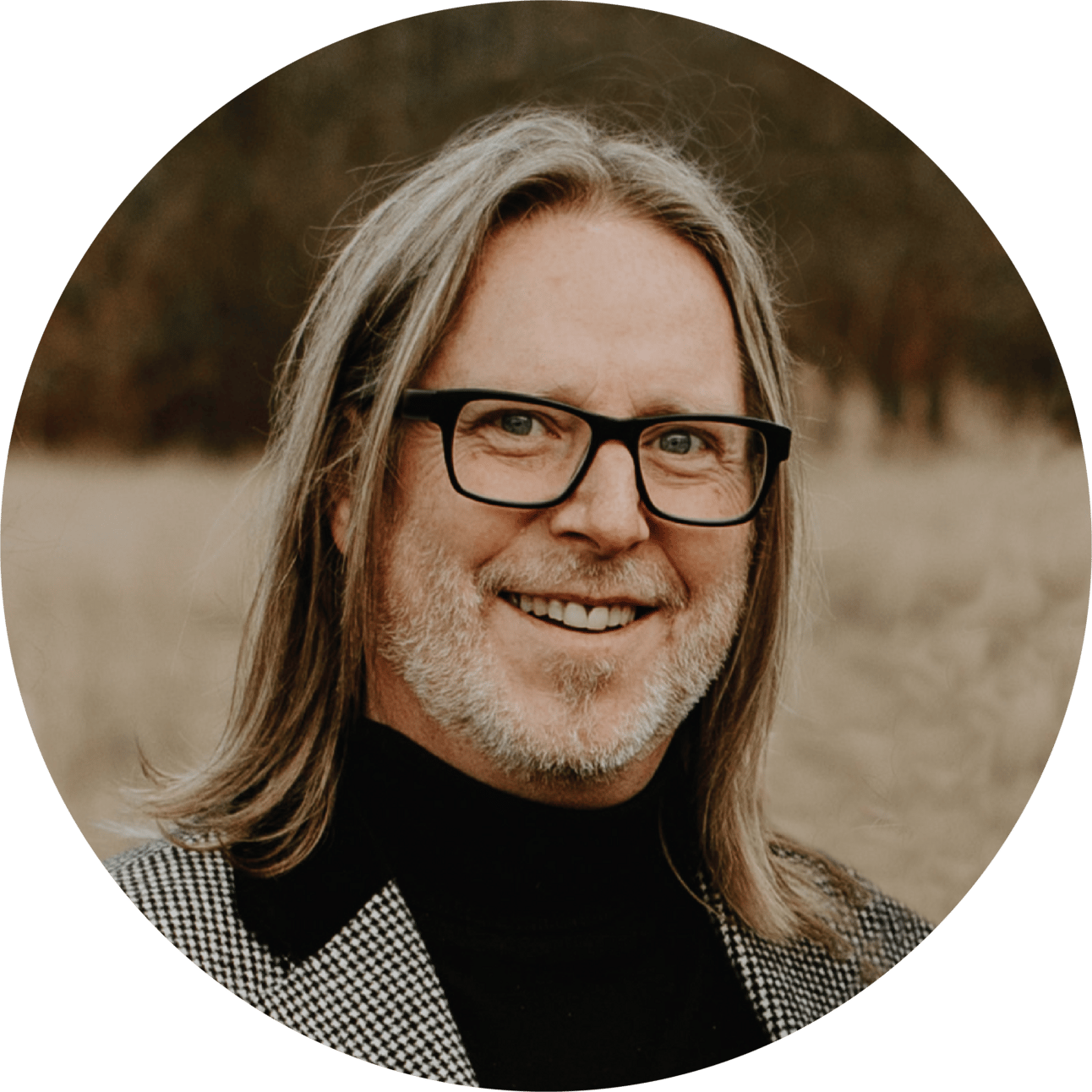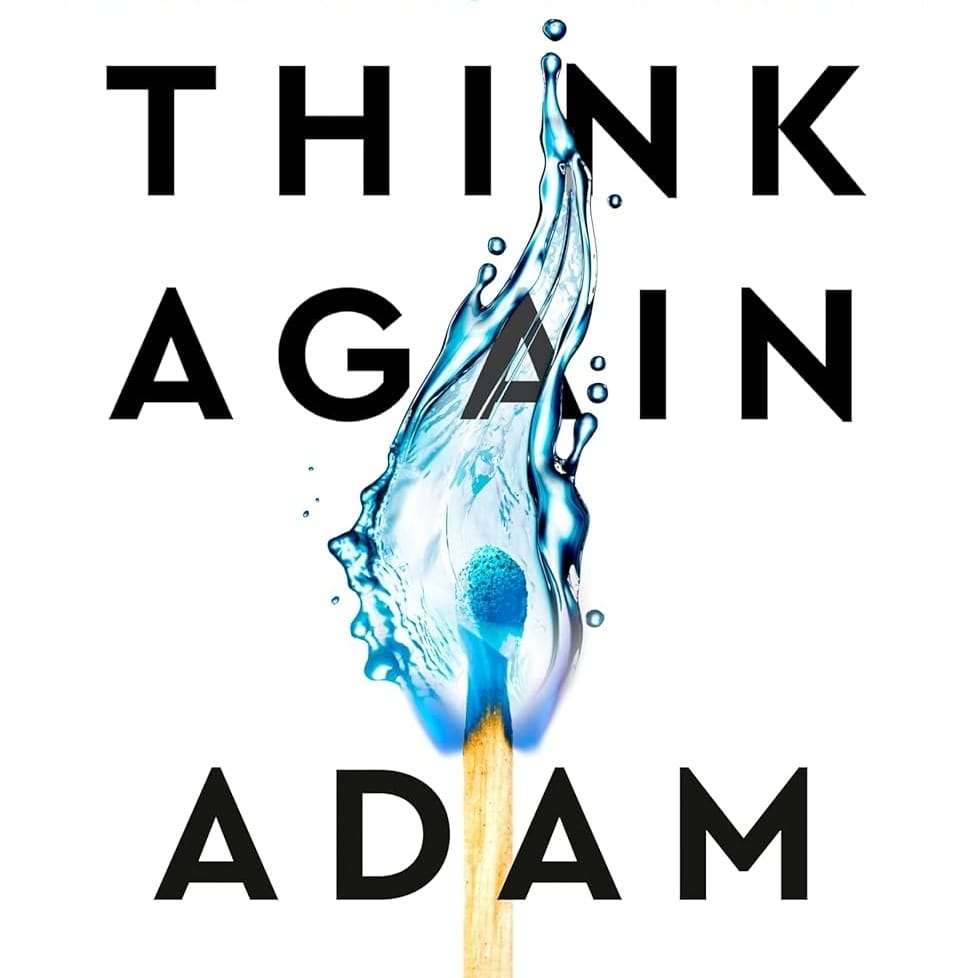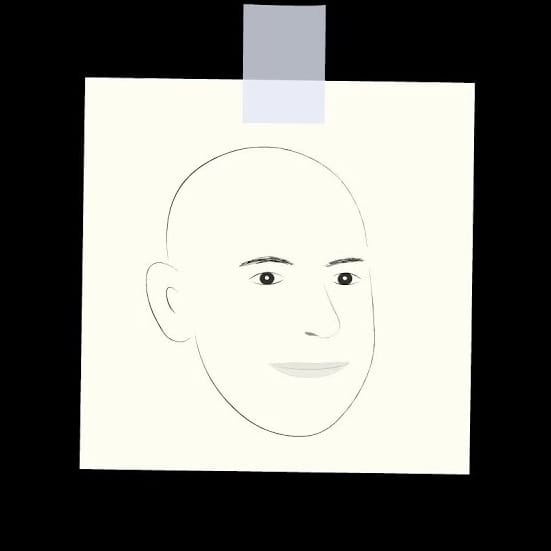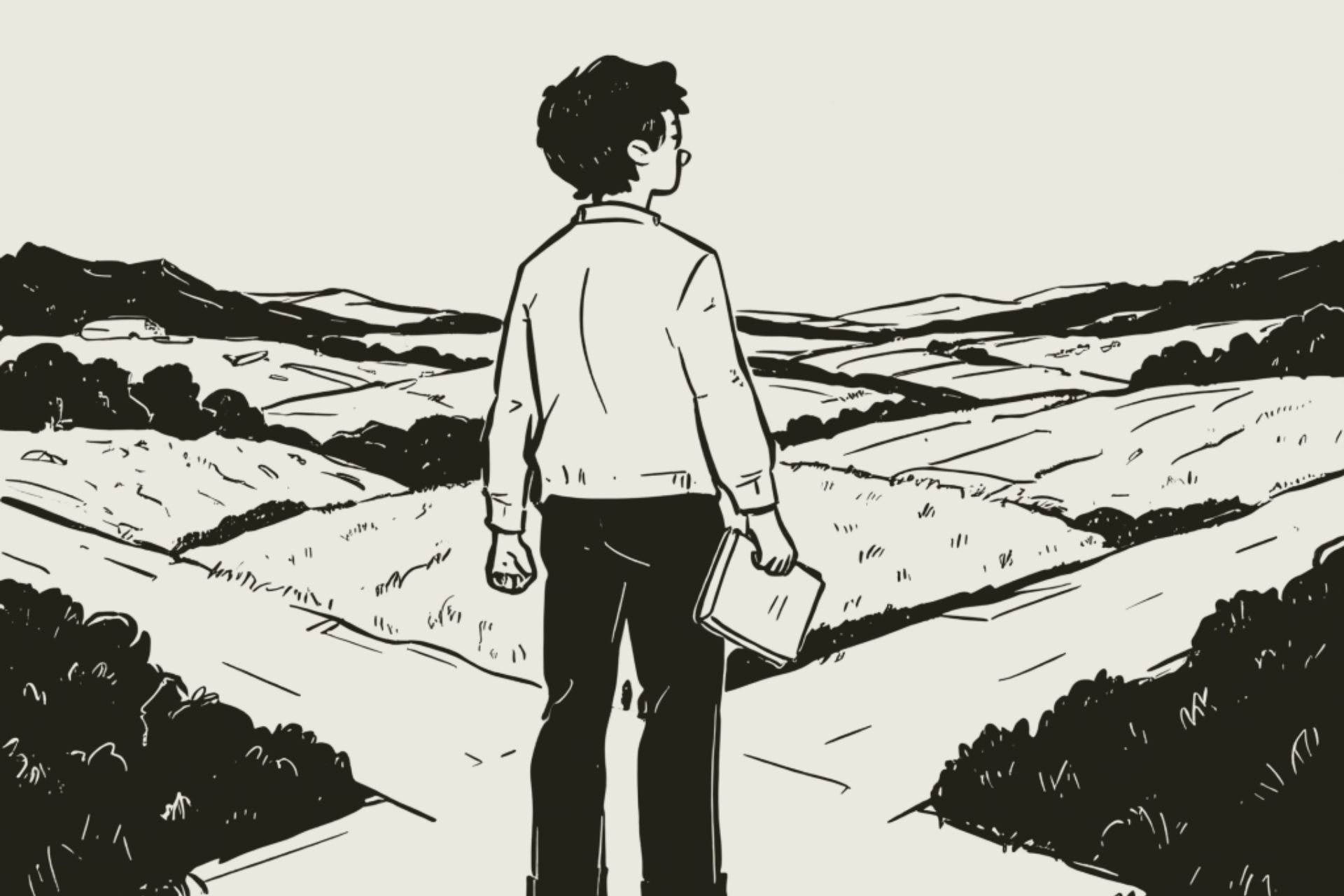A few years ago, I met a woman who seemed to have life all figured out. Every question had a definitive answer. Every topic, a final conclusion. She never hesitated, never second-guessed. And yet, something felt off.
The longer we talked, the more I realized that her confidence wasn't a sign of wisdom—it was a sign that she had stopped learning. She wasn't discovering; she was defending. Her mind wasn't expanding; it was retreating. In her quest for certainty, she had lost the one thing that makes people truly wise: the ability to say, I might be wrong.
It's easy to crave certainty. We want definitive answers in our relationships, careers, and beliefs. We feel safer when we know what's right, whom to trust, and where to go next. But what if certainty isn't strength? What if it's actually limiting us?
Throughout history, certainty has led to some of the world's greatest tragedies. But it has also held back individual lives—keeping people in jobs they hate, relationships that no longer serve them, and belief systems they never dare to question. The truth is, growth only happens when we learn to embrace uncertainty as a gift.
The Psychology of Intellectual Humility
Psychologists call it intellectual humility—the ability to acknowledge that we might be wrong, to hold our beliefs with curiosity rather than defensiveness. Research suggests that intellectual humility leads to better decision-making, deeper relationships, and greater creativity.
Stronger Relationships – People who practice intellectual humility are better listeners, more open to diverse perspectives, and less likely to fall into the trap of polarization.
Greater Professional Success – Adaptability and continuous learning are the hallmarks of successful leaders. Those who embrace uncertainty make better decisions and innovate more effectively.
Increased Emotional Resilience – When we stop demanding certainty, we develop the flexibility to handle life's inevitable twists and turns with grace.
But when we cling to certainty, we shrink. We build walls around our ideas, our careers, and our relationships. We become rigid, unable to adapt to change or see beyond our own perspectives.
The Certainty Trap in Action: Personal, Professional, and Political
1. The Husband Who Didn't Realize He Was Losing His Wife (In Personal Relationships – John Gottman's Research)
Ben thought he was being a good husband. He handled the finances, made the big decisions, and kept the family on track. He believed leadership meant having the answers—and he always did.
Laura used to push back. She'd offer a different perspective on how to parent, spend, or plan. But Ben never shifted. He saw her input as resistance, not wisdom.
Eventually, she stopped offering.
One evening over dinner, without anger or drama, Laura said, “I don't feel like I'm in this marriage anymore.”
Ben was blindsided. We haven't even been fighting, he thought. But that was the problem.
According to John Gottman's research, 81% of marriages where men don't accept influence from their wives end in divorce. Not because of constant conflict—but because the relationship becomes one-sided. One voice leads. The other disappears.
Ben had mistaken certainty for strength. But it was his confident certainty that was quietly killing the relationship.
Because in love, needing to be right often comes at the cost of being together.
2. The Company That Laughed at the Future (In Business – The Fall of Nokia)
In 2007, when Steve Jobs stood on a stage and introduced the iPhone, executives at Nokia weren't worried. A touchscreen? No buttons? People will never go for that. Nokia owned the mobile phone market. They had the best engineers, the biggest market share, and decades of success to prove they were untouchable.
But within five years, they were all but irrelevant.
The problem wasn't technology. Nokia had brilliant minds working on smartphones, too. The problem was certainty. They believed their way—the old way—was the right way. That certainty made them slow to adapt, hesitant to change. Meanwhile, Apple and Google weren't waiting. They were reinventing what a phone could be.
By the time Nokia scrambled to catch up, it was too late.
There's a term for this in business: the innovator's dilemma—the idea that companies fail not because they don't see the future coming, but because they're too attached to the past. Certainty feels safe. But in the world of business, it's a death sentence.
3. The Leader Who Starved His Own Country (In Society - The Great Chinese Famine)
In 1958, Mao Zedong stood before a crowd of Communist Party officials and declared a bold vision: China would transform into an industrial superpower almost overnight. He was certain that collectivized farming and rapid industrialization would be the key.
But the numbers that came back from the countryside didn't make sense. There were record-breaking harvests, officials claimed. Villages were producing more food than ever before. Mao's plan was working.
Except it wasn't.
The local leaders were terrified to report the truth. The crops were failing. People were starving. But no one dared contradict the Chairman. So they doctored the reports and falsified the numbers. And Mao, convinced his plan was working, kept pushing forward.
By the time the truth finally surfaced, tens of millions of people had died. The Great Chinese Famine remains one of the deadliest disasters in human history—not because of bad weather, not because of war, but because one man's certainty drowned out reality.
It's a pattern we've seen throughout history. The greatest catastrophes—the wars, the economic collapses, the societal breakdowns—are rarely caused by people who don't know enough. They're caused by people who refuse to question what they already know.
How to Embrace Uncertainty and Grow
So, how do we break free from the trap of certainty? How do we make peace with the unknown so we can grow in love, wisdom, and resilience?
1. Practice the Art of the Pause
When faced with a question, disagreement, or moment of doubt, resist the urge to rush to a conclusion. Instead, pause and ask yourself:
Could I be wrong?
What might I be missing?
Creating space for curiosity opens doors to deeper understanding.
2. Seek out Discomfort
Growth happens at the edges of our comfort zone. Read books that challenge your beliefs. Have conversations with people who see the world differently. Try something new and let yourself be a beginner. The willingness to be uncomfortable is the willingness to grow.
3. Develop a Habit of Reflection
At the end of each day, ask yourself:
What surprised me today?
What did I learn that I didn't expect?
Where did I cling to certainty when I could have stayed open?
Journaling these reflections can reveal patterns in your thinking and help you cultivate intellectual humility over time.
The Strength In Not Knowing
The people who live, lead, and love well aren't the ones with all the answers. They're the ones with the courage to ask better questions, to listen deeply, and to embrace the uncertainty that makes life rich with possibility.
So, here's my challenge to you: the next time you feel the pull toward certainty, pause. Take a breath. Ask a question.
That moment of openness might just be where real growth begins.
The world isn't changed by those who know—it's changed by those who are willing to learn.
So, what belief are you willing to question today?
Until next week,
Jonathan Penner | Founder & Exec Dir. of LifeApp


Resources To Dig Deeper

Book
Think Again
Think Again is a compelling exploration of the power of rethinking—challenging our own beliefs, staying curious, and embracing the discomfort of not knowing. Blending storytelling with cutting-edge research, Grant shows how our attachment to being right often holds us back, while intellectual humility and mental flexibility can help us thrive in work, relationships, and life. It’s not just a call to think more—it’s a guide to think better by learning to let go, stay open, and grow.
-Adam Grant

Video
Think Again
This video summarizes key insights from Adam Grant’s Think Again, highlighting the dangers of overconfidence and the importance of rethinking. It explores how clinging to certainty—whether in beliefs, decisions, or group identity—can limit growth and accuracy, while adopting a scientist mindset encourages curiosity, humility, and continual learning. By identifying when we slip into preaching, prosecuting, or politicking, we can escape the “overconfidence cycle” and instead engage in a “rethinking cycle,” where doubt leads to discovery and deeper understanding. The video offers practical tools like maintaining a “things I don’t know” list to cultivate intellectual humility and mental flexibility.
-Adam Grant (8:46)

Music
Both Sides Now
Joni Mitchell’s “Both Sides Now” is a hauntingly beautiful meditation on the humility that comes with age, experience, and heartbreak. It’s a song about seeing clearly—only to realize how little we ever understood to begin with. What makes the song timeless is its grace. Mitchell doesn’t ask us to have answers. She asks us to keep looking. To stay curious. To recognize that wisdom doesn’t come from having it all figured out—it comes from being willing to rethink, relearn, and open our hearts again.
-Joni Mitchell (5:46)

